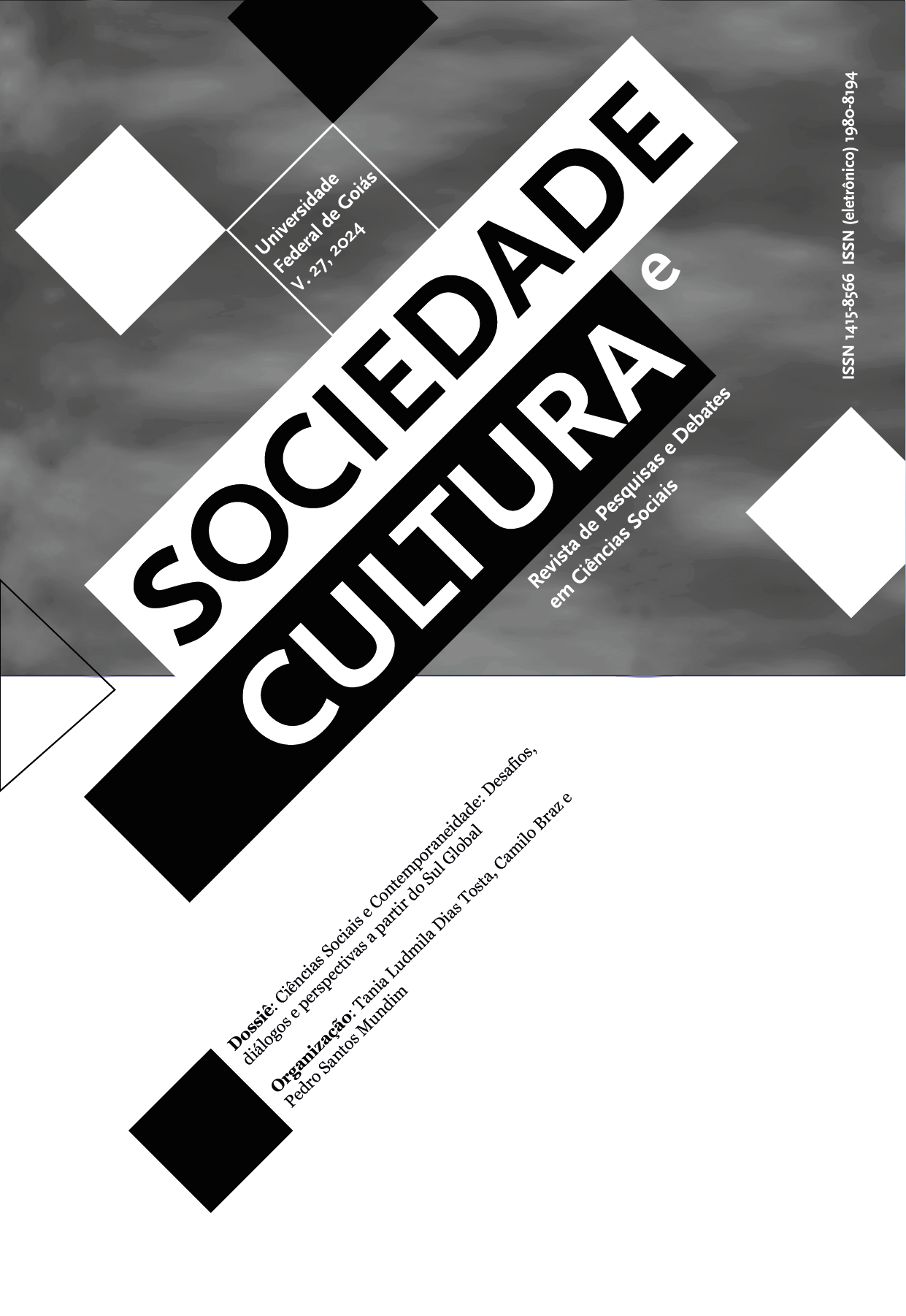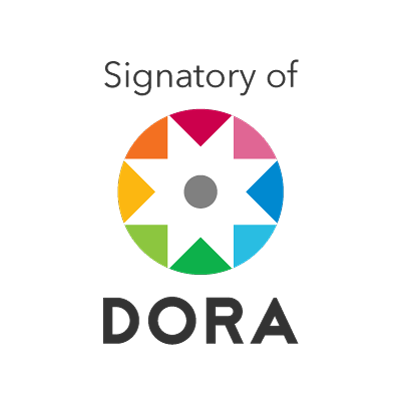“Los opuestos se distraen, los dispuestos se atraen”: amor y política en el uso de medios digitales entre sujetos que se autodenominan de izquierda
DOI:
https://doi.org/10.5216/sec.v27.80157Resumen
El artículo analiza cómo el uso de los medios digitales en Brasil ha modulado la búsqueda de relaciones románticas entre sujetos autoidentificados de izquierda. La investigación estuvo guiada por el problema: ¿cómo se evalúa el posicionamiento político como inversiones románticas? El objetivo fue comprender cómo el escenario político brasileño se refleja en la vida emocional. La metodología se basó en el análisis de interacciones en un grupo de Facebook, cuyo objetivo fue promover un canal de difusión de perfiles, ampliando las posibilidades afectivas y de conexión entre los sujetos. Demuestro que,
contrario a lo que se proclamaba como una red abierta a las diferencias sociales, existía un perfil específico que señalaba aspectos de género, sexualidad, raza/etnia, generación, clase social y región de los sujetos que socializaban en esta red. Finalmente, también discuto las relaciones
de género presentes en las dinámicas heterosexuales en el campo de la investigación, que apuntan a un rechazo de las masculinidades consideradas “izquierdomacho”.
Descargas
Descargas
Publicado
Cómo citar
Número
Sección
Licencia
Derechos de autor 2025 Sociedade e Cultura

Esta obra está bajo una licencia internacional Creative Commons Atribución 4.0.
Autores/as que publican en esta revista están de acuerdo con los siguientes términos:
- Autores/as mantienen los derechos autorales y ceden a la revista el derecho de primera publicación, siendo el trabajo simultáneamente licenciado por la Creative Commons Attribution License, lo que permite el compartir del trabajo con reconocimiento de autoría y de la publicación inicial en esta revista;
- Autores/as tienen autorización para asumir contratos adicionales separadamente, para distribución no exclusiva de la versión del trabajo publicada en esta revista (ejemplo: publicar en repositorio institucional o como capítulo de libro), con reconocimiento de autoría y de la publicación inicial en esta revista;
- Autores/as tienen permiso y son estimulados/as a publicar y a distribuir su trabajo en la web (ejemplo: en repositorios institucionales o en su página personal) a cualquier punto antes o durante el proceso editorial, ya que eso puede tener alteraciones productivas, así como aumentar el impacto y la cita del trabajo publicado (véase O Efeito do Acesso Livre).



